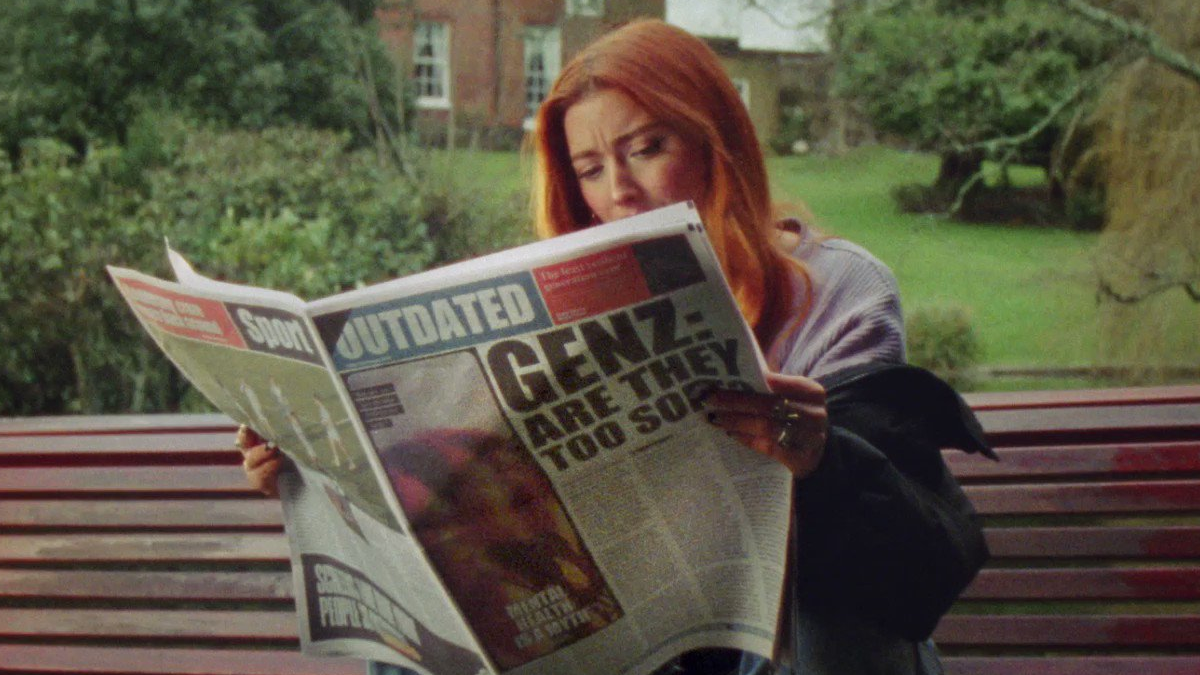When the narrator in Fight Club (1999) abandons himself in Bob’s arms and soft breasts, he feels allowed to let go, cry as he has never been allowed as a man, feeling the relief that only the loss of all hope can give you. I think there are two kinds of hope: the goal-oriented one, hatched by capitalism that painted our horizons with career, successes, roles, gender expectations; then there is the one that is much closer to the concept of trust, but we will come back to it later.
Palahniuk in his masterpiece suggests that in order to free ourselves we need to surrender to the fact that nothing we have been taught to chase really matters, indeed it has led us to live in constant war with ourselves and others too. Faced with this scenario, we can choose to react with macho-nihilistic destruction which we see parodied in Fight Club, or to deconstruct and rebuild on new values.
Cyclically in society, the main generations forced to coexist represent and experience the three stages camel-lion-child described by Nietzsche in Thus Spoke Zarathustra: those who reiterate old values like the camel, those who oppose by rebelling like the lion and those who are already beyond like the child.
Revolution is already here
The children of today are those who are not accepting the old paradigms and narratives but are also doing something about it, unapologetically. Younger Millennials and Gen Z are actually walking the talk, exposing everything we need to change in today’s society and taking action: downshifting careers, prioritizing mental health, fighting for inclusion and diversity, deconstructing monogamy and possession, burning patriarchy to the ground and so on.
As society changes, brands follow the flow. It’s not always a ‘whatever washing’ operation, brands are made up of people too — until AI takes everything away from us, of course, can’t wait. Sometimes being part of the conversation as a corporation is better than having no dialogue at all with your consumers, unless you’re dropping the ball with your tone of voice, as Gillette did. Sometimes it can be a slippery slope if you don’t connect with these generations and understand their point of view. And elder generations have fundamentally misunderstood younger ones.
It seems like at the root of all the issues with this Child-Era is something as simple as we are: love and kindness. And in this capitalist culture we were convinced we had to fight, fear the enemy, run faster, be smarter, and make more money. Everything we’ve done was to better someone else, to reclaim our space by putting others down. Because it is like this that you win, right?
What if we just stop, and be kind to ourselves and to every other being?
It’s not just a hippie nostalgic manifesto born from a new aesthetic TikTok trend, it’s exactly the message sent overall and we are already living the consequences of this idealistic shift. Even though these generations struggle more with depression and eco-anxiety (because standard anxiety wasn’t enough) they seem to understand and deconstruct patterns and play with them, even the new ones created by the digital era. This new mindset is at the core of every relevant social media trend and aesthetic, in the mainstream and the niche, from #cottagecore to the fresh #corecore (below) and #hopecore. Every single one of these is a wake-up call to society, and has a focus on the sense of community and empathy, like we are literally going to change the way we live for good, starting from the people and their interactions. This is the new hope, a hope that rises from the trust.
Featured image: Grow your strengths with NCS

